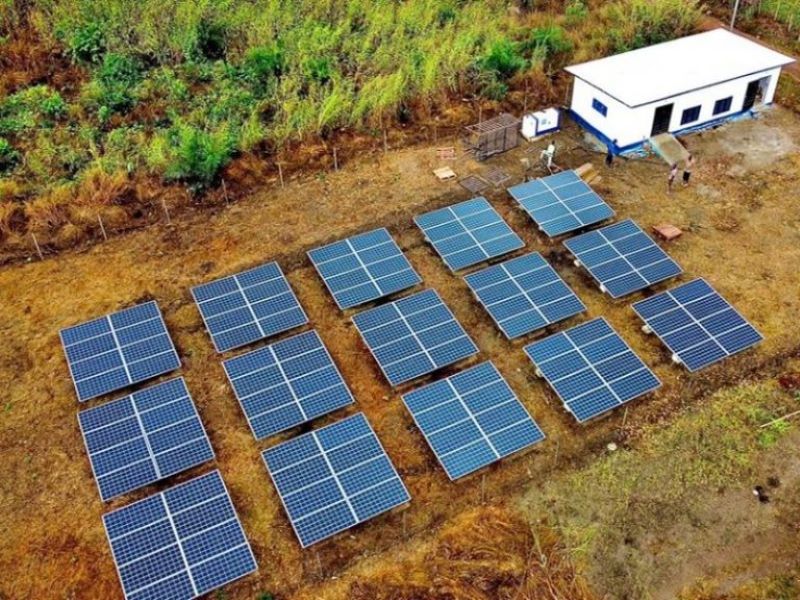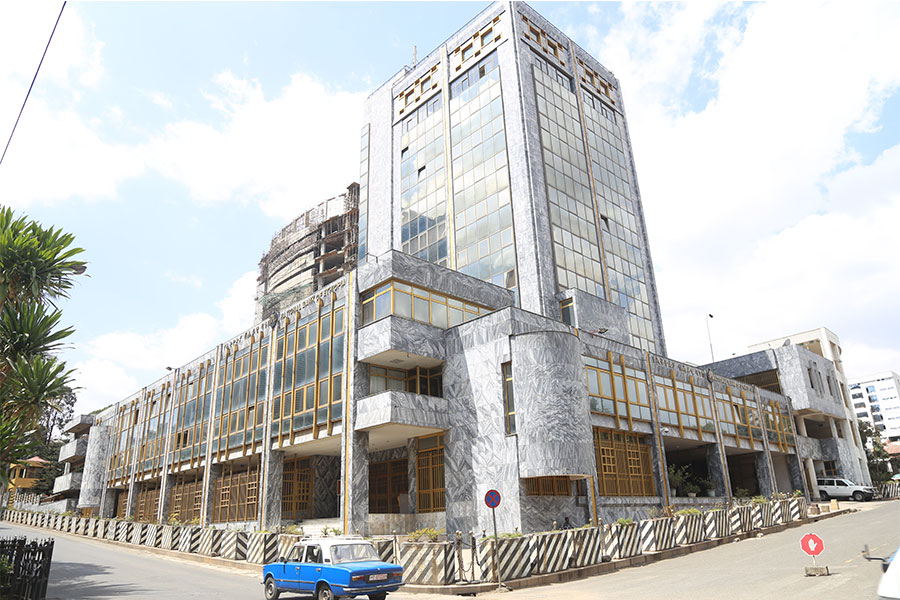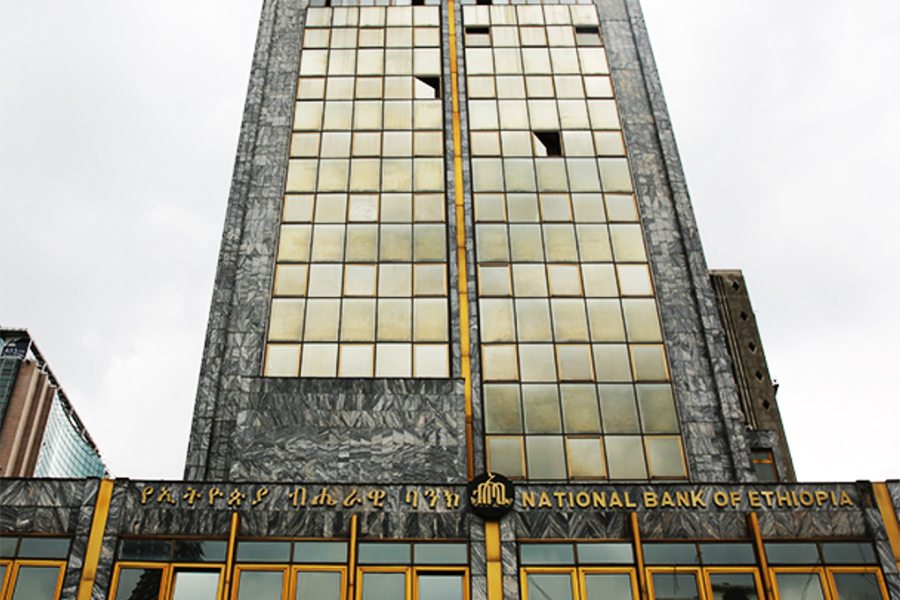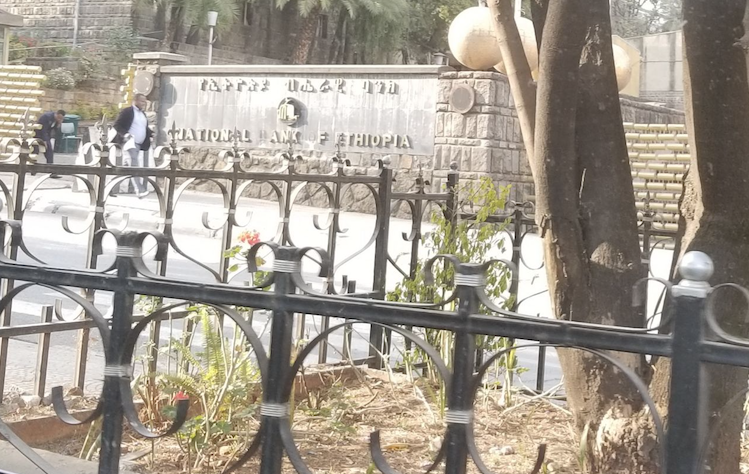
Federal officials are putting final touches on a bill that will compel imported solar technologies to undergo pre-verification of conformity assessments before shipments.
The Ministry of Trade & Regional Integration (MTRI) initiated the bill five years ago, expected to be ratified by federal legislators by the end of this year, disclosed Eyasu Semone, director of import and export conformity control. Businesses in solar technologies will have to ensure conformity and obtain certifications before being permitted to import and assemble solar products.
Pre-verification of conformity is a procedure applied to ensure the compliance of imported products with standards, specifications and regulations. The assessments are conducted in the country of origin for solar home systems, solar lanterns and cooking stoves businesses import. They have not been subjected to conformity, although they acquire standard certification voluntarily.
In partnership with the Ethiopian Standards Agency, the Ministry began pre-shipment inspections last year after signing an agreement with Bureau Veritas and Cotecna.
The two firms were selected after winning an international tender for inspection services. They were the only bidders, although five firms had initially shown interest. The bid, which had gone through emendations, was closed at the beginning of the year.
"Their wide coverage is one of the reasons for selecting these companies," said Eyasu.
Incorporated in 1828, Bureau Veritas is a French company operating in 140 countries, specialising in testing, inspection and certification services. Based in Switzerland, Cotecna does provide similar services globally. Established in 1974, it operates in 50 countries with over 100 offices and laboratories.
Officials say the international inspection companies were hired because Ethiopia lacks adequate inspection facilities.
The bill, after being legislated, will require importers of solar products to get standard certifications from the two international inspection firms. The law will subject stand-alone solar solutions - energy systems independent of grid structures to convert battery energy into usable power - to pre-shipment inspections. The demand for off-grid solutions is rising as a potential alternative to electric power provided to segments of the population with no access to the national grid. Around half of Ethiopia's geography is without electric coverage, albeit a significant improvement from 17pc a decade ago.
Off-grid solutions such as solar energy are significant components of the federal government’s universal electrification programme. The price for a kilowatt of power generated from solar energy is 0.025 dollars, higher than the 0.007 dollars for households and 0.020 dollars for businesses the national grid provides.
Launched a decade ago, the universal electrification programme aspires to power 9.2 million households, accounting for 35pc of the population.
Tewabech Worke is the head of the Ethiopian Solar Energy Development Association, an industry lobby group with 70 members and 138 partner distributors. She does not see solar technologies' contribution to the programme's success as substantial, as a tenth of the proposed plan has been achieved thus far.
Those in the industry put their fingers at substandard products flooding the market. Poor quality solar technologies imports remain a challenge for advancing universal electrification, according to Samson Tsegaye, general manager of STM Solar Technologies Manufacturing, one of the over 100 importers of solar technologies.
Melessew Shanko, managing director of MEGEN Power Consulting, a company specialising in renewable energy, blames the absence of quality assurance and control systems.
"It's affecting end-users,” said Melessew.
Over the last three years, 800,000 stand-alone solar products have been imported and distributed by 29 retailers, providing energy services to more than three million users.
In 2019, the defunct Ministry of Water, Irrigation & Energy and the United Nations Development Programme (UNDP) developed an application to monitor the quality of imported solar technologies. Last year saw the reduction of import duties on solar technologies, cutting the 20pc duty on lanterns and lamps to five percent. Equipment and machinery imported for off-grid purposes, such as use in solar-powered irrigation, are fully exempted from duty.
Yet importers claim some aspects discourage businesses with the potential to invest in the sector.
Incorporated in 2014, STM Solar Technologies Manufacturing is among those grappling with the issues. Samson, the company manager, says it has been three years since his company imported solar technologies due to a foreign currency crunch. It used to import solar products valued at 300,000 dollars each year before 2018.
The forex crunch is perhaps the most significant bottleneck the industry faces, next to tariff rates, according to Melessew of MEGEN Power Consulting.
“Tariff needs to be attractive, considering the cost incurred by energy developers," he said.
PUBLISHED ON
Apr 30,2022 [ VOL
23 , NO
1148]

Radar | Jun 22,2024

Commentaries | Jan 26,2019

Fortune News | Nov 30,2019

Fortune News | Jun 01,2019

Radar | Oct 10,2020


Radar | Jun 12,2021

Fortune News | Jun 20,2025

Fortune News | Sep 30,2021

Fortune News | Apr 17,2020

Dec 22 , 2024 . By TIZITA SHEWAFERAW
Charged with transforming colossal state-owned enterprises into modern and competitiv...

Aug 18 , 2024 . By AKSAH ITALO
Although predictable Yonas Zerihun's job in the ride-hailing service is not immune to...

Jul 28 , 2024 . By TIZITA SHEWAFERAW
Unhabitual, perhaps too many, Samuel Gebreyohannes, 38, used to occasionally enjoy a couple of beers at breakfast. However, he recently swit...

Jul 13 , 2024 . By AKSAH ITALO
Investors who rely on tractors, trucks, and field vehicles for commuting, transporting commodities, and f...

Jun 28 , 2025
Meseret Damtie, the assertive auditor general, has never been shy about naming names...

Jun 21 , 2025
A well-worn adage says, “Budget is not destiny, but it is direction.” Examining t...

Jun 14 , 2025
Yet again, the Horn of Africa is bracing for trouble. A region already frayed by wars...

Jun 7 , 2025
Few promises shine brighter in Addis Abeba than the pledge of a roof for every family...